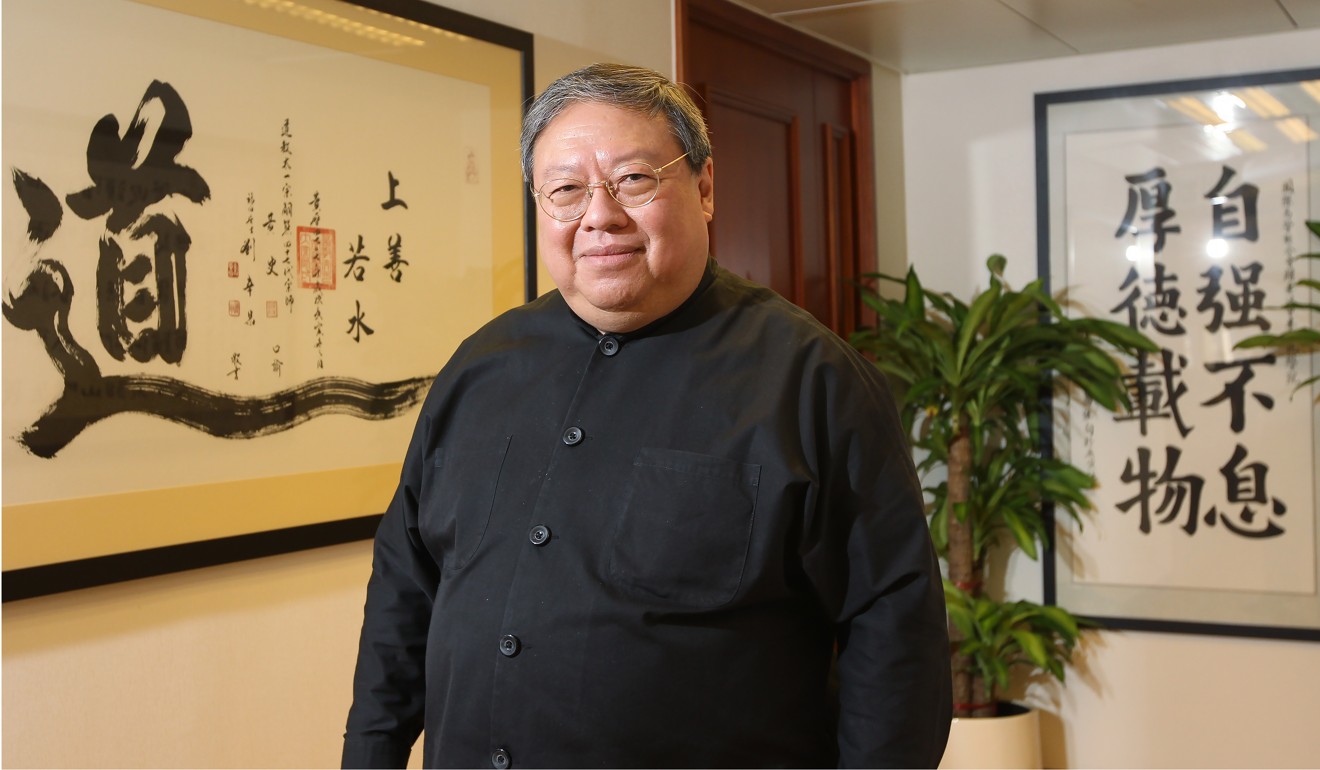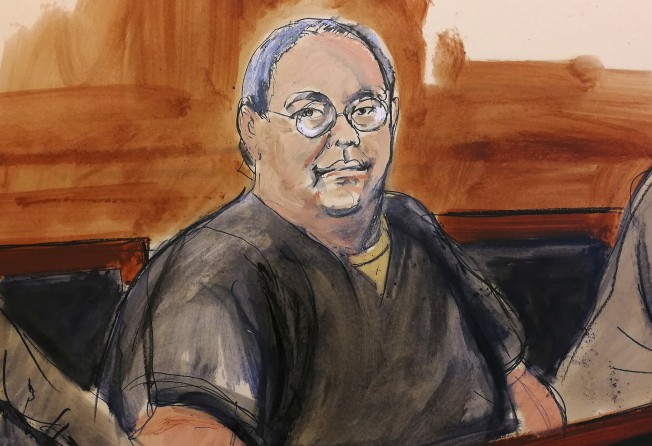
Ex-Hong Kong minister Patrick Ho could know as early as Wednesday whether he will be jailed on corruption charges
- Former home affairs secretary exercises right to remain silent, declining to testify on the eight counts of bribery and money laundering he faces
- Veteran criminal lawyer says odds are against Ho given the large amount of evidence presented by prosecution

Former Hong Kong minister Patrick Ho Chi-ping could know as early as Wednesday (US time) whether he will be sent to an American jail on corruption charges.
At his hearing on Monday, Ho, who served as the city’s home affairs minister from 2002 to 2007, exercised his legal right to remain silent and did not testify on the eight counts of bribery and money laundering he faces, sending the trial into its final phase.
Ho is accused of offering US$2.9 million worth of bribes to officials in Chad and Uganda while seeking to secure oil rights, among other benefits, for Shanghai-based energy conglomerate CEFC China Energy. He previously pleaded not guilty to all eight counts.
Lawyers from both sides will make their closing summaries on Tuesday, and the jury is expected to start deliberating on the case the following day. The verdict could be ready by as early as the end of Wednesday.
On Monday, New York Southern District Court senior judge Loretta Preska asked Ho if he understood that he could decide to take the stand or not under US law.
“Yes, your honour,” Ho said, speaking for the first time since the trial began last week.
Visibly thinner after one year of detention, Ho wore clothing that looked slightly oversized. He remained in good humour and kept talking to his lawyer shortly before the hearing.

The prosecution has over the past week introduced multiple emails to prove Ho plotted to offer what he called a “donation” to the leaders of Chad and Uganda. His former co-defendant Cheikh Gadio – now a prosecution witness – also testified that Ho presented US$2 million in cash in eight gift boxes to Chad’s president, Idriss Deby.
Veteran criminal lawyer Robert Precht told the Post the defence faced an uphill battle largely because of the amount of evidence against Ho.
“There is not only Gadio’s evidence but also intercepted emails,” he said.
Precht added, however, that despite the strong case against Ho, there was always a chance that one or more jurors would refuse to convict. The prosecution has to secure a unanimous verdict from the jury for each charge.
The key, according to the veteran lawyer, would be whether the jury chose to believe that Gadio had not played a part in the alleged bribery schemes.
“The jury may also feel that he is an unreliable witness because he said things during cross-examination that seem improbable, namely that he was shocked when Ho brought a cash bribe to the Chad president,” Precht said.
“They might find it offensive that Ho is being prosecuted while Gadio is getting off scot-free.”
On Monday, the court also heard from a bank executive who confirmed that CEFC transferred US$400,000 and US$500,000 respectively to Gadio and Ugandan foreign minister Sam Kutesa, allegedly for their role in advancing bribe offers.
Carol Calabrese, senior vice-president for payment operation at HSBC’s US branch, said Ho’s transfer to Gadio was sent from HSBC Hong Kong to HSBC’s intermediary in New York before reaching Gadio’s account in Dubai.
Kutesa’s consultancy payment from CEFC was wired in a similar fashion. The Ugandan official was allegedly the middleman between Ho and his own president, but has not been charged in this case.
The defence had attempted to file a motion arguing that Ho and CEFC were not US bank account holders under the Foreign Corrupt Practices Act. But the court rejected the motion right away, along with several other objections.
Alvin Lum and Emma Kazaryan are reporting from New York